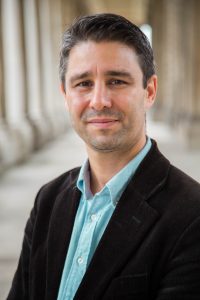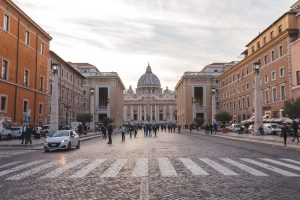Freedom of Religion and Belief in Turkey: Recent Challenges and Recommendations in the Context of European Integration
 Dr. Özgür Heval Çɪnar is an associate professor in law at the University of Greenwich, School of Law and Criminology
Dr. Özgür Heval Çɪnar is an associate professor in law at the University of Greenwich, School of Law and Criminology
Introduction
Freedom of thought, conscience, and religion, from which stems the tenets of pluralism, tolerance, and open-mindedness, is one of the most basic freedoms of a democratic society. Several international human rights documents safeguard this freedom (e.g. Art. 9 of the European Convention on Human Rights, ECHR). Turkey is a signatory to these conventions, but in practice, it has rarely lived up to its obligations.
The Justice and Development Party (Adalet ve Kalkınma Partisi – AKP) came to power in Turkey in 2002. The AKP pledged to introduce freedoms and, during 19 years in government, has made some significant legal changes in line with the political criteria of the European Union (EU); this was because Turkey started the accession negotiations for full membership in 2005. However, it has failed to address many restrictions related to the freedom of thought, conscience, and religion. As a result of this failure, Turkey was named in the 2021 report of the United States Commission on International Religious Freedom as one of the countries where the most serious contraventions of religious freedoms take place. In this article efforts will be made to understand the situation as regards the right to freedom of religion and belief in Turkey, concentrating on the most topical issues.

